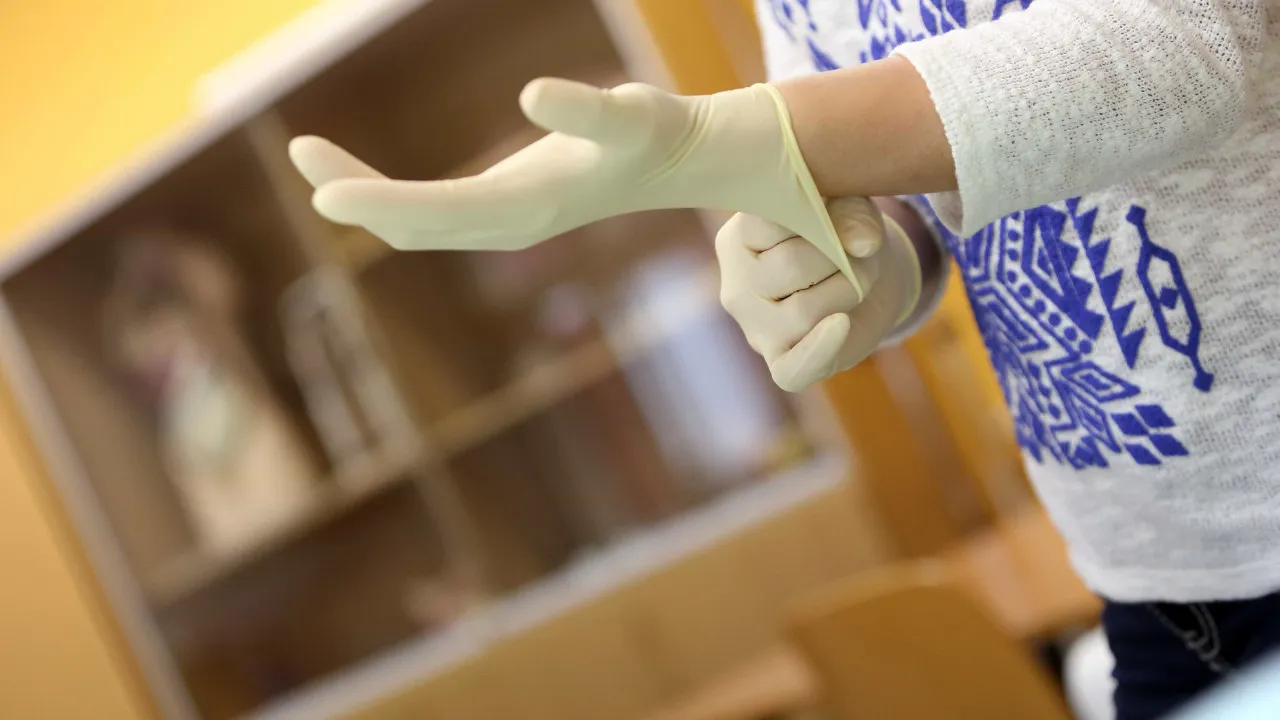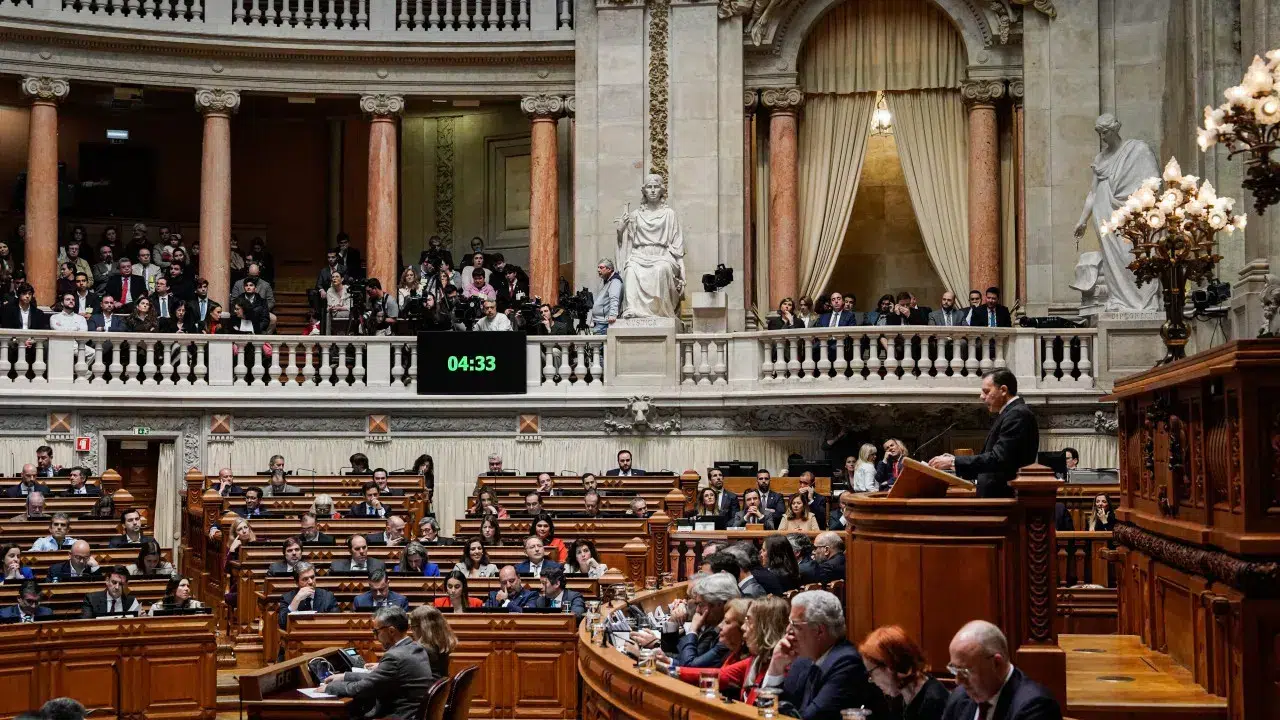
The issue at hand is a decree published on April 7 in the Diário da República, which regulates “the conditions for the creation and implementation of the pilot project of the Continuous Care Teams (ECCI)” in six local health units for a period of nine months.
According to the Portuguese Medical Society for Physical and Rehabilitation Medicine (SPMFR), the government, with this measure, is encouraging the disarticulation of teams and putting the population and public health “at risk”.
The decree, say the rehabilitation doctors in a statement, clearly promotes the disarticulation of healthcare, “in divergence with all structural principles of organization and an integrated vision of rehabilitation”.
The organization claims the measure “enhances the dismantling” of continuous care teams, which “no longer include doctors and technicians, namely physiotherapists”, a situation deemed serious and one that “places all the responsibility of providing home care on nurses, replacing the doctor and other team professionals”.
The doctors further argue that “disaggregating the multiprofessional teams” responsible for continuous care contradicts the guidelines set by the World Health Organization (WHO).
“There is a clear violation of the technical-scientific model of rehabilitation, showing once again a disregard for international norms and guidelines defined as essential for the provision of healthcare,” asserts the society’s president, Renato Nunes, as cited in the document.
The SPMFR states its readiness to collaborate with the government “with a view to achieving excellence in healthcare provision”.
In the decree, the government states that, given the aging population and the consequent pressure on health and social systems, it has become evident the need to evolve towards a reorganization of the response that prioritizes access to home care through the Integrated Continuous Care Teams (ECCI), “so that citizens can remain as long as possible in their social and family context”.




